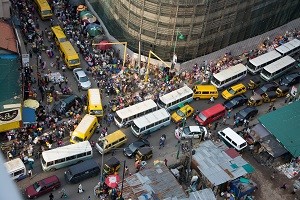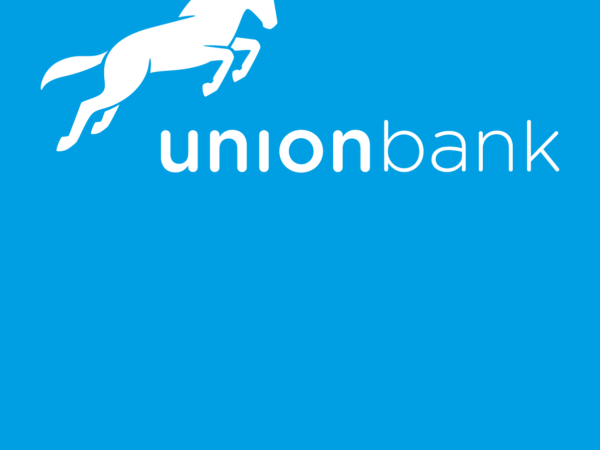
The Nigerian economy’s recovery is expected to gain a modest momentum in 2018 and beyond, as the IMF forecasts that the economy would grow by 2.1% in 2018 and 1.9% in 2019. We expect the ongoing recovery in oil production to pave the way for more robust medium-term prospects, assisted by improved transparency in the energy sector and others. Also, the rebound in the economy would be matched by improvements in the fiscal balance, as the budget deficit is projected to ease from 3.6% of the GDP in 2017 to 3.2% in 2018.
An improved business climate and investors’ confidence have been the results of the upward movement in Nigeria’s ease of doing business ranking, 24 steps to 145.
Government reforms are now concentrating on improving private sector investment, with particular focus on the ease of entry to and exit from the market, access of start-ups to credit, registration of property, and so on. Hence, with an optimistic outlook for FX, coupled with a friendlier business environment, we expect further improvement in investment, which is anticipated to trickle down to various sectors of the economy in 2018.
Also, with government suggesting to fund more deficits through foreign borrowings, we expect the funding cost to trend downwards. A significant improvement in credit to the private sector will drive individual investment growth and consequently impact employment and consumer consumption positively.
The outlook of the naira beyond 2018 remains encouraging despite fears that the crude oil supply glut might bring prices down in 2019. Having moderated its monthly FX demand by 65% in 2017, a further significant decline is expected in 2019 as Nigeria’s largest FX expenditure- the importation of refined petroleum products- is likely to be taken out when the Dangote refinery comes on stream. The commencement of the refinery will not only moderate FX demands but will equally boost FX export proceeds as Nigeria is expected to switch from being a net importer of refined petroleum products to a net exporter, further enhancing the country’s FX position beyond 2018.
A major risk to the bright macro outlook remains, especially in the second half of 2018, which is likely to be characterised by great political instability, economic uncertainty, and social unrest, in the build up to 2019 general elections that could potentially distract policy-makers and delay investment decisions. The good news, however, can be found in Nigeria’s more mature democracy, in terms of credibility and transactions, ensuring that the economy progresses relatively unencumbered. Despite this, we anticipate an outsized influence of the imminent elections on economic and political stakeholders as 2018 winds down, hopefully only at a minor cost to economic activities.
Source: (Kainos Consulting- UBN Monthly Economic Review Jan, 2018)


